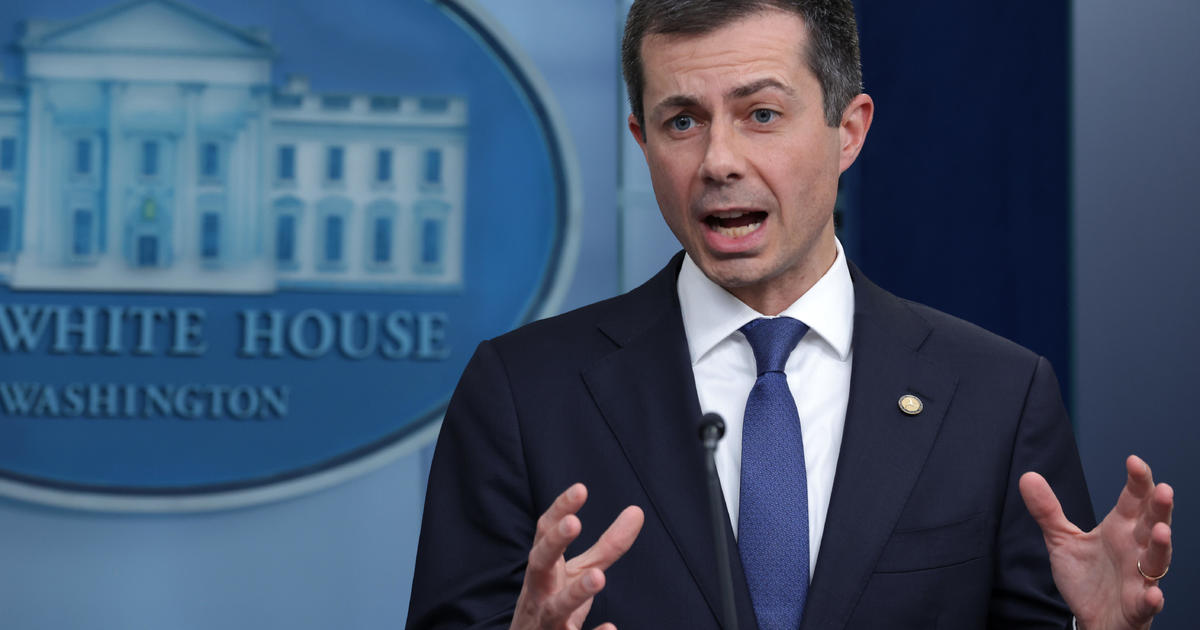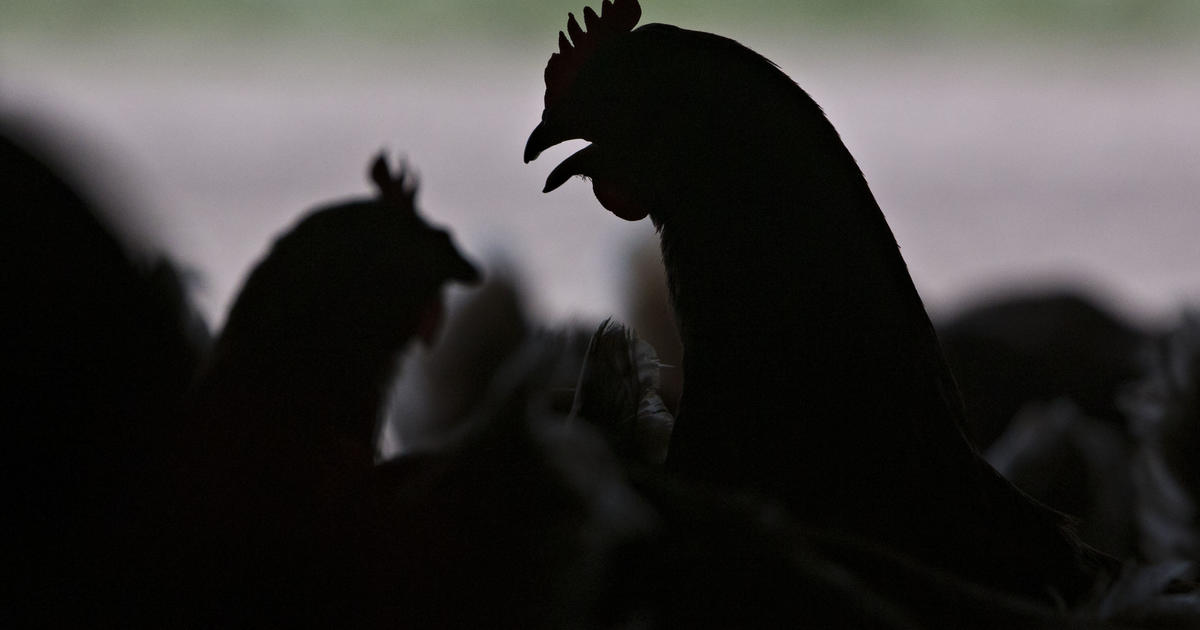U.S. restarts airport screening for Ebola as outbreak in Uganda swells
The Biden administration announced Thursday it plans to funnel all passengers flying into the U.S. from Uganda through five international airports for "enhanced screening," in response to a growing Ebola outbreak in Uganda.
The move, which the State Department said would take effect at midnight on Friday morning, revives a set of measures implemented by federal health authorities in response to previous Ebola outbreaks abroad as recently as 2016. In 2021, the CDC also rerouted passengers from the Democratic Republic of the Congo and Guinea to collect contact information.
Airlines will be required to route passengers who have been in Uganda during the past three weeks through one of five airports:
- New York John F. Kennedy International Airport
- Newark Liberty International Airport
- Atlanta Hartsfield-Jackson International Airport
- Chicago O'Hare International Airport
- Washington Dulles International Airport.
There, passengers will undergo "enhanced screening" measures designed to assess whether they have symptoms of the disease before they are allowed to continue on to their destinations.
The change applies to all passengers, including U.S. citizens, the State Department said.
Experts say the move might deter travelers who feel sick after recently being in Uganda from trying to fly into the U.S.
A previous attempt to conduct exit and entry screening for Ebola, after a case in 2014, identified seven travelers with potential symptoms — none of whom were ultimately diagnosed with the disease. One traveler cleared by the screening later developed symptoms and tested positive for the virus after arriving in the U.S.
Ebola infections typically start with symptoms like fever and fatigue, before leading to more severe vomiting, diarrhea, bleeding and often death. The World Health Organization says the virus can have an incubation period of as long as three weeks after exposure before symptoms begin.
This move comes as the Centers for Disease Control and Prevention has ramped up warnings to doctors and health departments over the outbreak, urging them to immediately screen any suspected cases for their recent travel history.
The CDC says the risk of the Ebola virus spreading in the U.S. is low. Cases in Uganda have not been spotted in either the country's capital or travel hub.
However, the CDC says "as a precaution" it is hoping to raise awareness about the virus given the swelling case count in Uganda.
"While there are no direct flights from Uganda to the United States, travelers from or passing through affected areas in Uganda can enter the United States on flights connecting from other countries," the agency said in a health alert published on Thursday.
The Biden administration has touted its response to the outbreak, which includes CDC staff working with health officials on the ground in Uganda. Health and Human Services Secretary Xavier Becerra spoke with his counterpart in Uganda on Tuesday, pledging to support the country's campaign to end the outbreak and expressing sympathy for those killed by the virus so far.
Since the outbreak was first declared on September 20, the World Health Organization said this week that 63 cases of Ebola were confirmed or probable. At least 29 people have died.
The strain of Ebola behind the outbreak is known as the Sudan virus, which spreads mostly through close contact with blood or other bodily fluids.
The World Health Organization says the share of cases in previous outbreaks that died from their Sudan Ebola virus infections ranged between 41% and 100%.
Unlike some other Ebola viruses, there are currently no licensed vaccines or treatments to curb the Sudan virus. Doses of the Ervebo vaccine in the U.S. Strategic National Stockpile are not expected to work for Sudan virus infections, the CDC said.
A vaccine candidate from Johnson & Johnson backed by the National Institutes of Health that might work against the Sudan virus is still in clinical trials. The WHO said the Johnson & Johnson vaccine "may be effective but has yet to be specifically tested against Ebola Sudan."
On the treatment front, the U.S. Administration for Strategic Preparedness and Response on Tuesday announced it would pour some $110 million into accelerating development of a monoclonal antibody drug for Sudan virus from Mapp Biopharmaceutical.
"If approved this treatment will put the U.S. in a better position to prepare for and respond to future potential ebolavirus incidents. Given the current outbreak of Ebola Sudan in Uganda, this work is now even more important," said Assistant Secretary for Preparedness and Response Dawn O'Connell in a statement.



